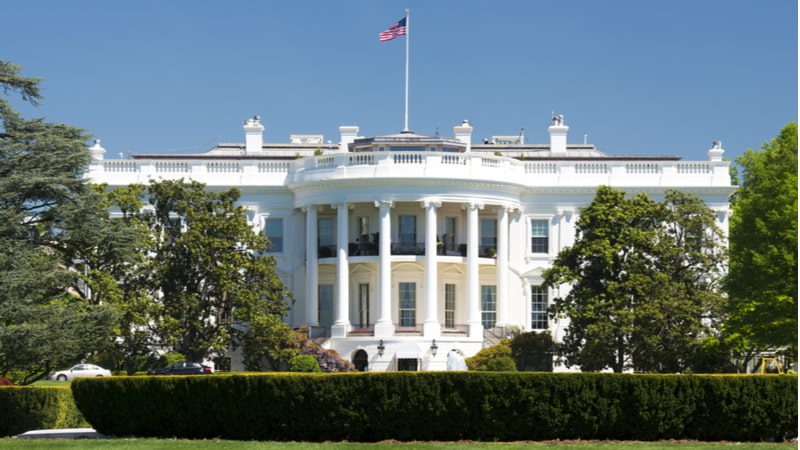
With the FY2021 budget set to expire on Sept. 30, the Biden administration is urging congressional leaders to approve a continuing resolution (CR) to avoid a government shutdown.
In a blog post, Shalanda Young, acting director of the Office of Management and Budget (OMB), said the administration is providing technical assistance to Congress on a short-term CR. Young said a CR will “allow movement toward bipartisan agreement on smart, full-year appropriations bills that reinvest in core priorities, meet the needs of American families, businesses and communities, and lay a strong foundation for the future.”
“A short-term CR is necessary not only to provide Congress additional time to pass full-year appropriations bills that make bold, forward-looking investments in our future, but also to address the specific, urgent needs facing our country right now,” Young said in the blog post. “I’m looking forward to continued engagement with members of both parties and on both sides of the Capitol to get the job done.”
In addition to urging Congress to pass a short term CR to keep current government programs funded, Young said the Biden administration is also asking Congress to include additional funding in the CR to help address two additional White House priorities – responding to recent and ongoing natural disasters, and helping resettlement efforts for Afghan allies and partners evacuated from the country last month.
Specifically, the White House is asking Congress to appropriate more than $14 billion to address the natural disasters that occurred prior to Hurricane Ida, which recently devastated the South and North East. As for Hurricane Ida recovery, Young said the administration expects that will require an additional $10 billion in funding.
OMB also requested $6.4 billion to meet the White House’s commitments to Afghan allies and partners. During the evacuation efforts, the administration moved evacuees to third-country transit hubs on military air and charter flights. OMB explained that at transit hubs, evacuees are housed on U.S. bases, where they undergo biometric and biographic security screenings before they are allowed into the United States. After processing, evacuees receive extensive COVID-19 and other public health precautions and are resettled in the United States with the help of government-funded NGO partners.
The majority of that requested funding will be used by the Departments of Defense and State to support processing sites overseas and in the United States, and U.S. government transportation for allies and partners between processing sites and the United States.
If approved, the funding will also be used to support humanitarian assistance through State and the U.S. Agency for International Development to Afghans at risk in the region, and targeted funding to the Department of Health and Human Services and State to provide Afghans brought into the United States with public health screenings and vaccinations along with full resettlement resources.
